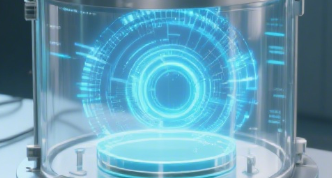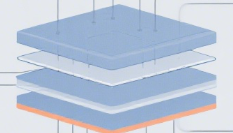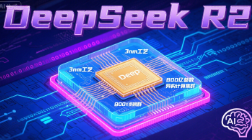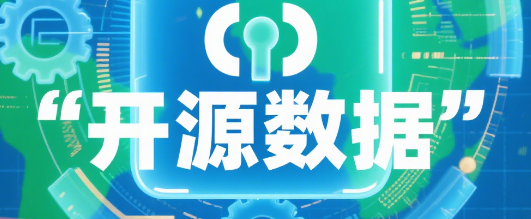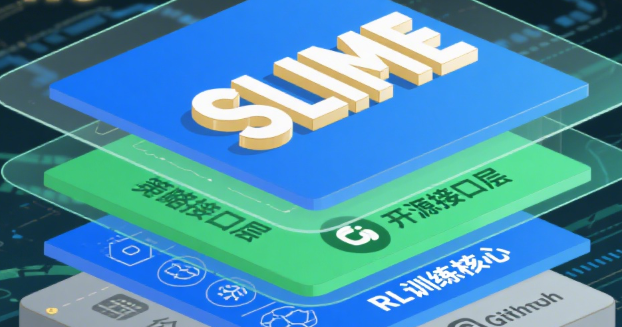Matrix-Game 2.0 is an open-source generative world model released by Skywork AI, and its core highlight is that it can generate minute-level interactive game scenes in real time at about 640×352 resolution at about 640352 with only 1.8B parameters, and supports control through WASD keyboard operations. This achievement has moved the AI-generated world from theory to playability.
1. Core Advantages of Matrix-Game 2.0
- Lightweight and Efficient: The number of parameters is only 1.8B, but through Few-step Auto-regressive Diffusion technology, it achieves stable output of 25 frames per second and supports continuous generation in minutes.
- Strong interactivity: Built-in keyboard/mouse action injection mechanism, the user's real-time operation will affect each frame generated next.
- Rich training data: Generate approximately 1,200 hours of high-quality interactive videos based on Unreal Engine and game engines such as GTA5 for model training.
2. The performance of Matrix-Game 2.0
- In the GameWorld Score benchmark, image quality, timing consistency, action response accuracy and other indicators are better than the similar open-source model Oasis.
- Low operational latency and smooth interaction feedback make it suitable for demonstrating and studying the potential of real-time world models.
3. Current limitations and shortcomings
- Low resolution: The official demo video resolution is 640×352, which is closer to the picture texture of retro CRT monitors.
- High running requirements: FlashAttention and NVIDIA Apex are required for smooth rendering, and high-end GPUs are better suited for running.
4. Why it is worth paying attention to Matrix-Game 2.0
- is completely open source: it provides model weights and code, MIT license, and is suitable for scientific research and secondary development.
- Strong implementation: Combining generative world models with real-time controllable interaction shows possible paths for future AI games and virtual worlds.
Frequently Asked Questions
Q: Can Matrix-Game 2.0 be directly commercialized?
A: The model is licensed under the MIT Open Source License and can be commercially available under the agreement, but attention should be paid to the compliance of the generated content.
Q: Can the resolution be enhanced?
A: This can theoretically be achieved through higher resolution training or super-resolution post-processing, but it increases computational costs.
Q: What other scenarios can it be used in besides games?
A: It can be used in virtual training environments, robot simulations, visual research, and other scenarios that require real-time generation of dynamic images.
Open source address:
https://huggingface.co/Skywork/Matrix-Game-2.0
